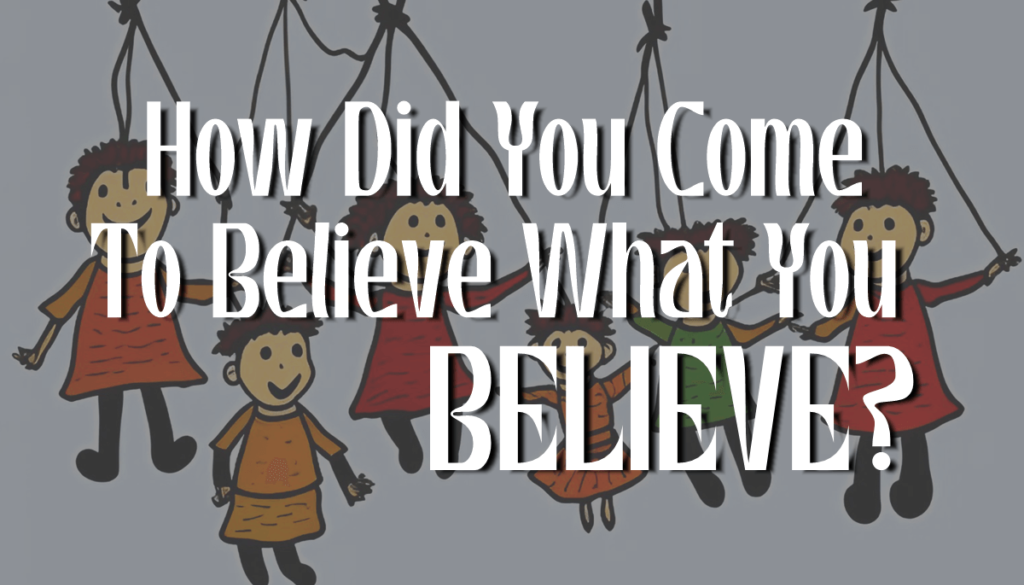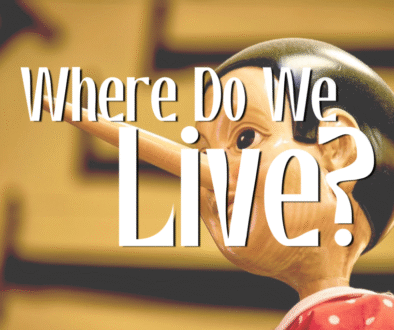How Did You Come To Believe What You Believe?
Blog Contents
How did you come to believe what you believe? Have you ever stopped to think why? Most people don’t think about it, but it’s worth considering. The world is a rough place, and indoctrination starts the moment we’re born. And it’s not done by people who love us. (Ever heard of MK Ultra – where our “MK Alice” Art Style comes from by the way – ever heard of it? They haven’t stopped and our television sets, phones, social media, Big Media are all big players – whether you see that yet, or not. But we digress.)
Important Topics Deserve Serious Attention
The big questions – like the meaning of life, religion, and the existence of God – have been rigorously explored by scholars over the centuries. Yet, much of this valuable work remains inaccessible to the public. Be wary of experts who offer opinions without acknowledging the depth of existing research. Instead, seek out reputable, scholarly sources for a well-rounded understanding – oh and make sure they’re not system shills. One learns eventually how to spot the ones who are legit.
Recognise the Influence of Cognitive Bias
Concepts like “confirmation bias,” “cognitive dissonance,” “cherry-picking,” and blind trust in authority figures can shape which ideas resonate with us and which we dismiss. By recognizing these tendencies, you can approach information more critically. It’s challenging and often uncomfortable, but actively engaging in thoughtful research is far more rewarding than passively accepting everything you encounter.
Factors Behind Biased Belief Systems
All of us do one, some or all of these:

One to Five
- Confirmation Bias: People tend to seek out information that confirms their pre-existing beliefs or desires, disregarding contradictory evidence.
- Cherry-picking: Selectively choosing data or examples that support a particular viewpoint while ignoring those that do not.
- Cognitive Dissonance: Uncomfortable feelings when faced with conflicting information, leading to a tendency to reject or distort evidence that contradicts established beliefs.
- Misinterpretation: Misunderstanding or misinterpreting complex data or information due to lack of expertise or context.
- Influence of Authority Figures: Accepting information from authoritative figures or sources without critically evaluating it.
Six To Ten
- Emotional Influence: Emotions such as fear, hope, or prejudice can cloud judgment and affect the interpretation of evidence.
- Motivated Reasoning: Using reasoning to reach conclusions that align with desired outcomes or personal goals rather than objective truth.
- Lack of Critical Thinking: Failure to apply critical thinking skills to evaluate evidence and arguments objectively.
- Social Pressure: Conforming to the beliefs of a social group or community, even if it means disregarding contradictory evidence.
- Lack of Access to Reliable Information: Difficulty in accessing or recognising reliable sources of information amidst a sea of misinformation.

Why Do We Tell You All This?
As you move forward, it is imperative that you check your presuppositions. Become aware of them. Be fully aware of why you know what you know, and let go of that which has been hammered into you. We are all being indoctrinated on a daily basis. Our mistake is to think those who are doing it, are kind and generous: they’re not.
Now ask yourself again: How Did You Come To Believe What You Believe?




